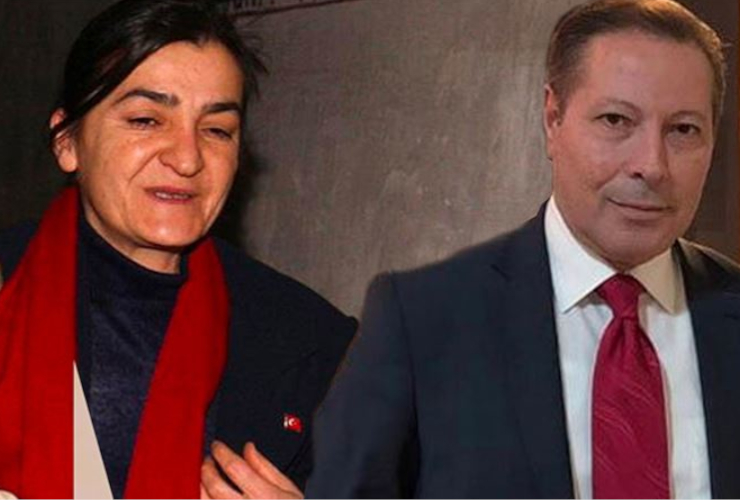The International Press Institute (IPI) today condemned the prison sentences handed down to two journalists in Turkey, Müyesser Yıldız and İsmail Dükel, over their critical reporting on military operations of Turkish armed forces in Libya, Syria. The court sentenced Yıldız, a news editor for Oda TV to three years, seven months and ten days, and Dükel, TELE1’s Ankara correspondent, to one year and 15 days in prison for revealing documents regarding the national security. An international travel ban was also imposed on Yıldız, journalists’ sentences were suspended.
“We condemn the prison sentences given to Müyesser Yıldız and İsmail Dükel” IPI Deputy Director Scott Griffen said. “It is the job of journalists to review and publish information in the public interest, regardless of the source of whether the information is the result of an information leak. These verdicts amount to the criminalization of basic journalistic activity and are the latest example of Turkey’s efforts to suppress coverage of topics that are sensitive to the government. Both sentences must be urgently overturned on appeal.”
Yıldız and Dükel were detained on June 8, 2020 on charges of “possessing and revealing secret information regarding national security” following an anonymous complaint stating that a military official allegedly shared confidential information and documents with two journalists who later reported on the information. The information was allegedly regarding the military operations in Libya and northern Syria. The military official who was accused of sharing the documents was sentenced to seven years and six months.
Yıldız and Dükel were initially accused of “providing information that should remain confidential in terms of the security of the state or domestic or foreign political benefits for the purpose of political and military espionage” in accordance with Article 328 of the Turkish Penal Code. However, the espionage charges were later dropped and journalists were charged with “revealing secret information regarding national security” under Article 329.
Find more information about the case here.



